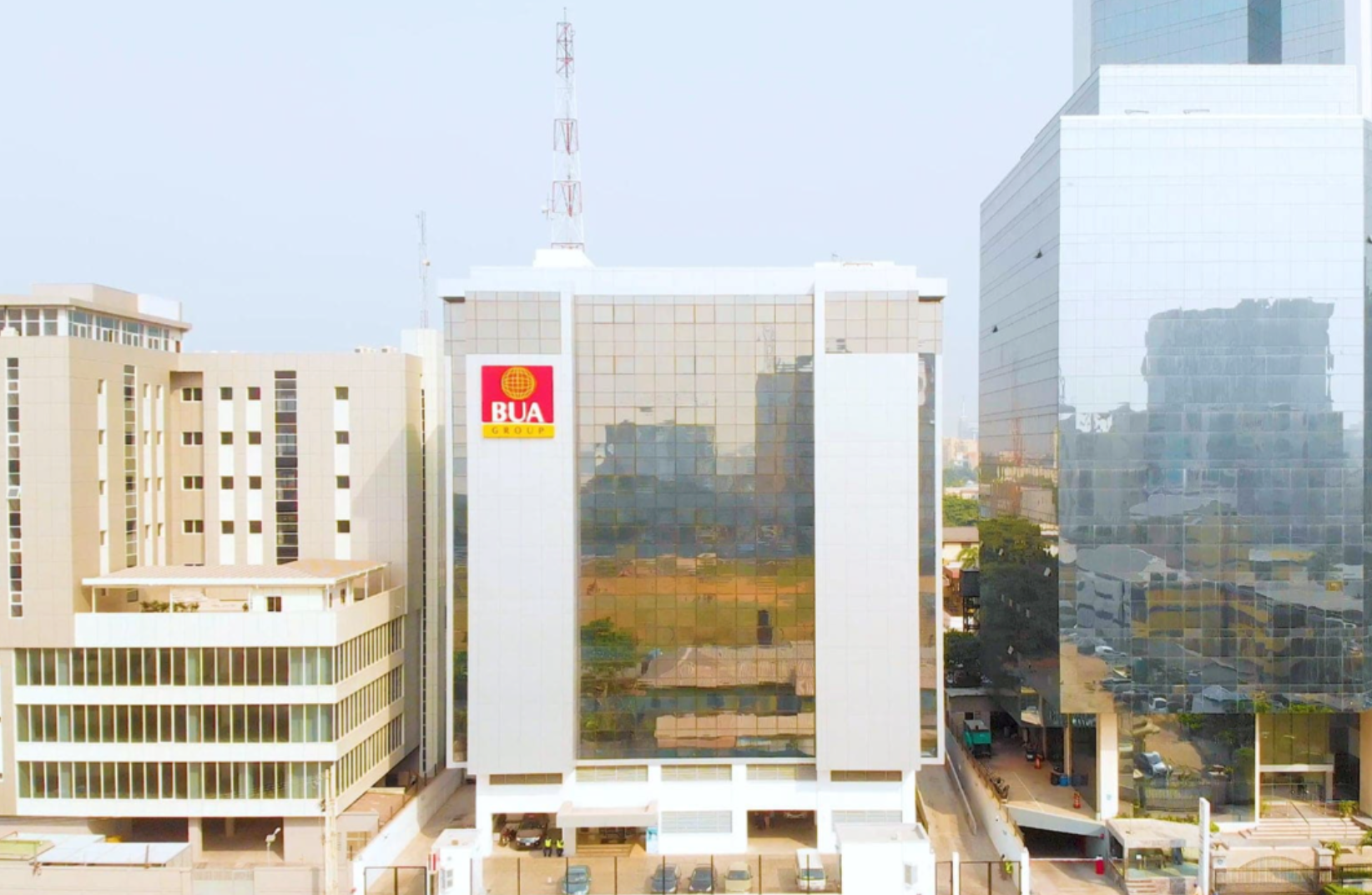Place your adverts here on InfoDig @ low rates; banner ads, sponsored links and guest articles etc. Contact us
Nigeria’s Central Bank stunned the global financial community on Tuesday when its Monetary Policy Committee (MPC) voted unanimously to raise the Monetary Policy Rate (MPR) by 50 basis points, bringing it to 27.25%.
In a world where most central banks are cutting interest rates to spur growth, the CBN’s decision stands in sharp contrast, defying expectations. Analysts had widely anticipated that, at best, the CBN would hold rates steady, given the global trend towards monetary easing.
However, Nigeria’s apex bank chose a hawkish stance, signaling its determination to tackle persistent inflationary pressures. This bold move comes as global financial conditions are expected to ease, yet Nigeria has opted to tighten monetary policy, a decision that surprised many observers.
CBN retains hawkish stands
In a candid and resolute Monetary Policy Communique, CBN Governor Olayemi Cardoso offered a sobering assessment of the state of the Nigerian economy.
While recent drops in inflation provided some relief, Cardoso made it clear that now was not the time for complacency.
Nairametrics reviewed the governor’s address and outlined the five key reasons behind the CBN’s decision to maintain its hawkish stance.
1. Persistent Core Inflation pressures
While headline inflation in Nigeria showed some moderation in recent months, core inflation remains stubbornly high, driven by the rising costs of energy.
- The CBN reported that headline inflation eased to 32.15% in August 2024, down from 33.40% in July, mainly due to a reduction in food inflation.
- However, core inflation, which excludes volatile items like food, actually increased to 27.58% from 27.47% during the same period.
- The CBN emphasized that core inflation needs to be addressed because it reflects the underlying inflationary pressures in the economy: “Core inflation has remained elevated, driven primarily by rising energy prices”.
2. Managing excess liquidity and foreign exchange demand
Nigeria’s growing money supply has led to excess liquidity in the financial system, which is putting pressure on the foreign exchange market.
- The CBN noted that addressing this liquidity glut is critical to reducing demand pressures on foreign exchange, which could otherwise destabilize the naira.
- They noted that “the continued growth in money supply” was causing a rise in liquidity, necessitating the tightening of monetary policy to prevent further depreciation of the currency.
- The external reserves have seen some improvement, standing at $39.07 billion as of September 19, 2024, up by 17.4% compared to $33.28 billion in the same period of 2023.
- This reserve position represents 8 months of import cover for goods and services. Stabilizing the naira is crucial to maintaining this reserve level and preventing capital flight.
3. Stabilizing the exchange rate and enhancing investor confidence
One of the key successes of the CBN’s hawkish stance has been the stabilization of the exchange rate.
- The bank has managed to reduce volatility across different segments of the foreign exchange market, which is critical for fostering investor confidence and encouraging long-term planning.
- The MPC pointed out the “relative stability and convergence in the exchange rate across the various market segments”, attributing this stability to the tight monetary stance.
- By stabilizing the exchange rate, the CBN says it aims to enhance Nigeria’s attractiveness to international investors, especially as inflation moderates.
- The CBN also states that maintaining a strong currency is essential for encouraging foreign direct investment (FDI) and bolstering economic growth.
4. Aiming for a positive real interest rate to attract investments
Another reason the CBN gave is that it is keen on making Nigeria a more attractive destination for foreign investment by achieving a positive real interest rate.
- Despite the recent moderation in headline inflation, Nigeria’s real interest rate remains negative.
- The MPC acknowledged that this was a problem for drawing international capital into the economy.
- To change this, they stressed the importance of sustaining efforts to make the real interest rate positive, stating: “To attract investments into the economy, efforts must be sustained to achieve a positive real interest rate”.
- This means that even after inflation, investors should see a net positive return on their investments.
- With global competition for capital fierce, a positive real interest rate would significantly enhance Nigeria’s attractiveness on the international stage.
5. Concerns about the growing Fiscal Deficit and impact of FAAC releases
The CBN also raised alarms about Nigeria’s growing fiscal deficit and how it impacts the liquidity in the banking system.
- The Federation Account Allocation Committee (FAAC) releases funds to various tiers of government, and these releases inject large sums of liquidity into the system, which can disrupt monetary policy efforts.
- The CBN highlighted a “strong correlation between FAAC releases and liquidity levels in the banking system as well as its impact on the exchange rate”, making it crucial to monitor these releases carefully.
- In the broader context of Nigeria’s fiscal situation, the MPC noted concerns about the rising fiscal deficit but welcomed the fiscal authority’s commitment not to resort to monetary financing (printing money).
- Still, with excess liquidity from FAAC releases feeding into the system, tighter monetary policy is essential to prevent these liquidity injections from pushing inflation higher.
Commentary
While many global central banks are easing monetary policy, the CBN has taken the opposite approach, prioritizing inflation control, exchange rate stability, and investment attraction through tighter monetary conditions.
- The decision to raise rates to 27.25% highlights Nigeria’s unique economic challenges, including stubborn core inflation, excess liquidity, and a competitive international investment environment.
- As Nigeria navigates these challenges, all eyes will be on how the CBN’s policies shape the future of the economy.

















 English (US) ·
English (US) ·